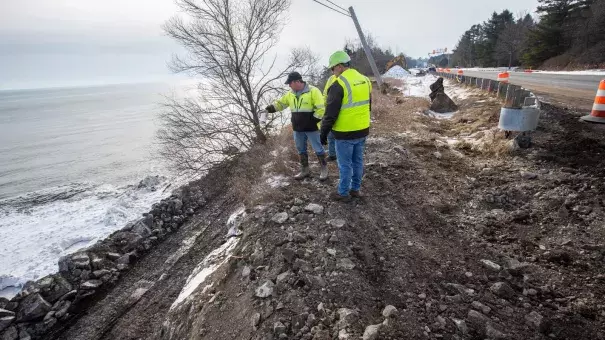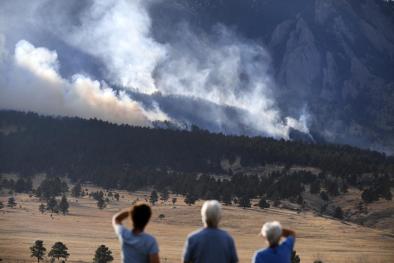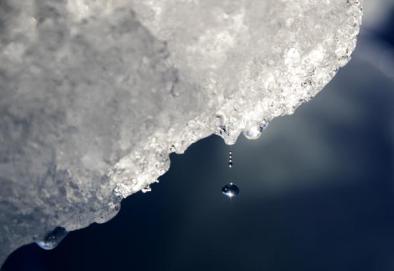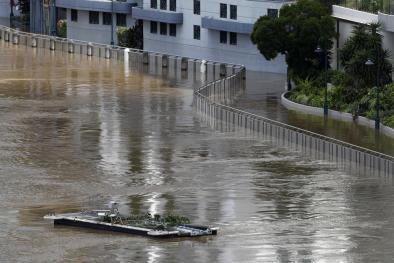Michigan's record-high water levels are beginning to collide with coronavirus

Climate Signals Summary: Climate change is increasing the risk of flooding in the Midwest by increasing extreme and total precipitation.
Article Excerpt: Two different crises are beginning to collide: the continuing coronavirus pandemic and record-high water levels expected to cause even worse flooding, shoreline erosion, road and infrastructure damage than occurred last spring.
Every Great Lake except Lake Ontario set its new record-high water level in February, with connected lakes Michigan and Huron 17 inches above their levels at the same time last year. As of March 27, Lakes Michigan-Huron, St. Clair, and Erie are 2 to 5 inches above their record-high monthly average March level.
As communities brace for an even worse flooding season than last year, it has the Red Cross rethinking evacuations — for flooding or any other reason — in a time when sheltering people together can potentially expose them to the COVID-19 virus.
...
MDOT Bureau of Development Director Bradley Wieferich in February estimated road fixes needed due to flooding and erosion would cost "in the neighborhood of about $100 million" — costly projects such as slope repairs, lifting the grade of roads and physically moving roads inland from the lakes where necessary.
Absent some injection of federal disaster relief funds, the regular state road budget, used to fix roads and bridges crumbling from age and wear, would have to bear those huge additional costs, he said. The federal relief could only come if Michigan and then the federal government declared portions of the state as disaster zones because of flooding and erosion damage, something that has not occurred to date.
...
Nonprofit agencies like the American Red Cross don't just respond to major disasters, they often provide shelter to those displaced from their homes because of fires or from flooding caused by record-high water levels.
Those displaced by disasters are frequently relocated to large facilities such as gymnasiums. That gets more complicated when public health officials are urging people to avoid crowds of 10 or more, and to maintain at least six feet in distance from others, to help stop the spread of COVID-19. In addition, many facilities are being converted to field hospitals for coronavirus patients.
Related Content





